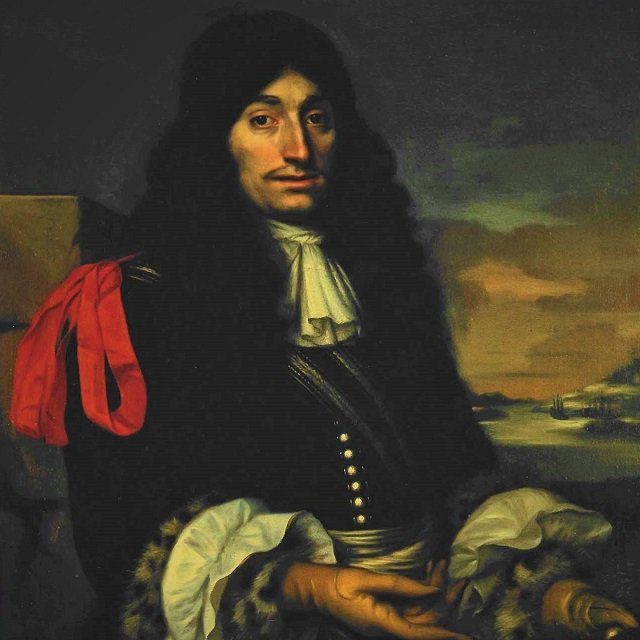Tontines Are Alive, and They Could Compete With Annuities in the U.S.

Lorenzo de Tonti — be better known today as the father of the military officer Henri de Tonti, who helped France explore North America — began trying to persuade the French government to approve a tontine program in 1653.
The French parliament rejected the proposal, but investors managed to organize a similar tontine arrangement in Kampen, in the Netherlands, in 1670, and the French later set up a tontine in 1689.
Later, in the late 1800s, U.S. life insurers sold many tontines.
In 1905, the officials working on New York state’s Armstrong investigation cited the lack of reserves backing tontine policies as a concern, and they pushed insurers to focus on offering annuities backed by reserves, rather than tontines.
Moshe Milevsky resurrected the tontine concept in 2015, in “King William’s Tontine: Why the Retirement Annuity of the Future Should Resemble Its Past.”
Tontines Today
Tontine arrangements continue to be common in France.
Olga Fuentes, Richard Fullmer and Manuel Garcia-Huitron have suggested, in a research paper brief included in the Georgetown forum report, that Chile could use a tontine-based retirement income product framework to help provide income for retirement-age individuals.
Fuentes and her colleagues suggested that offering a tontine-based system would complement the country’s private annuity market rather than distorting it.
Canadian policymakers have also promoted tontine-based retirement savings arrangements.
In the United States, the forum participants agreed, the dominance of the individual retirement arrangement and the 401(k) plan could crowd out proposals for alternatives.
“Nevertheless, the experience of other countries might spur innovation and lead to embedding some of the pooling structures as part of the customized solutions adopted,” Antonelli and Mungiello wrote.
Pictured: Henri de Tonti, an Italian who lived from about 1649 through 1704 and helped France explore North America, was the son of Lorenzo de Tonti. Lorenzo de Tonti — who left fewer portraits than his son — is often described as being the father of the modern tontine life insurance market. (Image: Nicolaes Maes/History Museum of Mobile/Wikimedia Commons)




